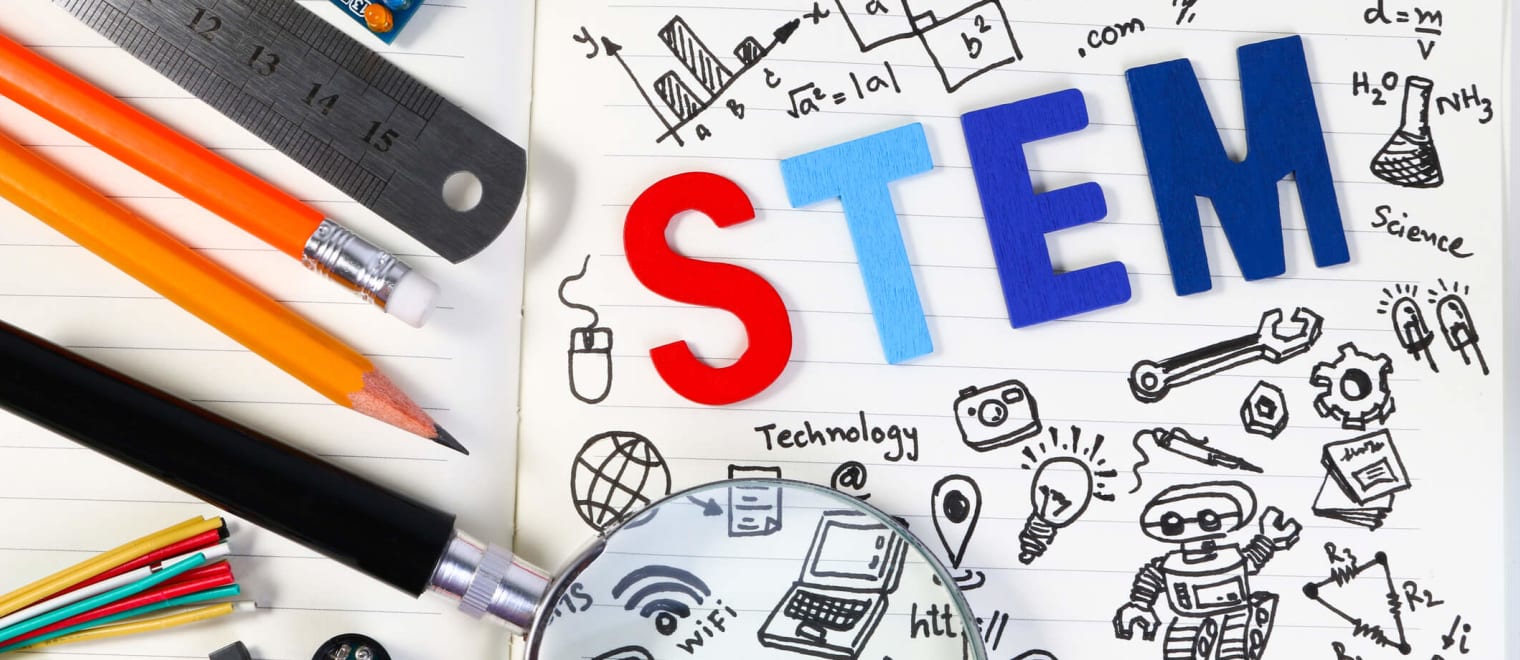This informal CPD article, ‘Rethinking STEM: Advocating for STEMM and the Necessity of Moral Principles’, was provided by Amine Hamdan, Educational Consultant at Sama Knowledge Institute, who distribute learning solutions to schools and educational institutions across the Middle East Region.
The Paradox of Progress: Let me tell you a story!
In the early 20th century, Fritz Haber, a very intelligent chemist, brought about a significant transformation in agriculture by developing the process of synthesising ammonia. This breakthrough allowed for the large-scale production of fertilisers, which played a crucial role in sustaining world food production. However, this very intellect played a role in the advancement of chemical weapons during World War I, leading to immeasurable agony.
The conflicting nature of Haber's legacy encapsulates a fundamental inquiry: What is the inherent worth of science, technology, engineering, and mathematics (STEM) if they are not utilised for the betterment of mankind? This narrative establishes the foundation for a thorough analysis of the traditional STEM framework, advocating for the incorporation of an extra "M" to represent "Moral" - so altering STEM to STEMM.
Beyond Technical Proficiency: The Absent Moral Aspect
STEM
fields are responsible for driving innovation and progress, but what about
their ethical consequences? The story of Haber and numerous others, like Alfred
Nobel or J. Robert Oppenheimer, exemplify how scientific advancements can have
both positive and negative impacts on humanity, contingent upon their
implementation. This contrast underlines a noticeable absence in the existing
STEM framework: the absence of comprehensive moral advice. This discussion
might be focusing on STEM subjects only, but it must be extended to all other
disciplines.
The moral issues of scientific and technical developments are sometimes overlooked or given little attention in the pursuit of progress. This overlook is not only a result of personal moral shortcomings or profitable greed, but also a systemic issue that is firmly ingrained in the educational frameworks that mould future leaders in these disciplines. While curricular standards extensively outline the necessary skills and knowledge that is to be mastered in science, technology, engineering, and mathematics; they noticeably overlook the moral dimension that come with these fields.
Incorporating Moral into STEM Education
The case for STEMM is not solely based on semantics, but rather on fundamental principles, advocating for a reassessment of how and what we educate in these crucial disciplines. Incorporating "Moral" into the STEM acronym necessitates a curriculum for each discipline that goes beyond the goal of generating skilled scientists, technologists, engineers, and mathematicians; but also focuses on cultivating persons with a strong ethical and moral awareness.
The moral aspect should not be confined to distinct courses but integrated into the regular curricula of science, technology, engineering, and mathematics topics. By doing this, we aim at conversations regarding ethics and morals to become as ingrained in the routine of STEM workers as mathematical formulae and scientific experiments, i.e. become part of the standards to be covered and objectives to be taught.
Incorporating moral education into STEM topics can be done in different ways, such as restructuring the curriculum standards to incorporate the moral dimension, studying previous scientific endeavours that have ethical ramifications or engaging in project-based learning that focuses on using technology for sustainable and humanitarian purposes. This method not only enhances the educational experience, but also equips students with the necessary skills to negotiate the complex moral context of the contemporary world, demonstrating empathy, integrity, and a profound sense of responsibility.
Final Thoughts: The Necessity of Good People
The narrative of development is replete with instances of how knowledge may be readily manipulated for malicious intentions on a historical scale or day to day basis. In an era characterised by the growing influence of technological progress and business greed, the need for ethical direction has become very crucial. As we examine the principles of entropy, which indicate an inherent inclination towards disorder and chaos, we must acknowledge the troubling simplicity with which evil emerges in contrast to the demanding and intentional formation of good.
As we go forward into an unpredictable future, our task is not just to progress in knowledge and expertise, but also to guarantee that our progress guides us towards a more compassionate, morally upright, and equitable world. STEMM encapsulates this problem, serving as a reminder that ultimately, existence requires individuals who understand that possessing significant influence entails not only a significant obligation, but also a deep moral responsibility towards humanity.
This
observation raises a basic question: Given that the natural world tends towards
disorder, is it not crucial for humans to make it their utmost endeavour to
pursue order and goodness? Integrating morality with STEM, so transforming it
into STEMM, signifies the recognition that technical proficiency must be
accompanied by ethical uprightness. In the end, the future requires not only
exceptional scientists, engineers, and mathematicians, but also “Good People”.
We hope this
article was helpful. For more information from Sama Knowledge Training
Institute, please visit their CPD Member Directory page. Alternatively, you can
go to the CPD Industry Hubs for more articles, courses and events relevant to
your Continuing Professional Development requirements.













